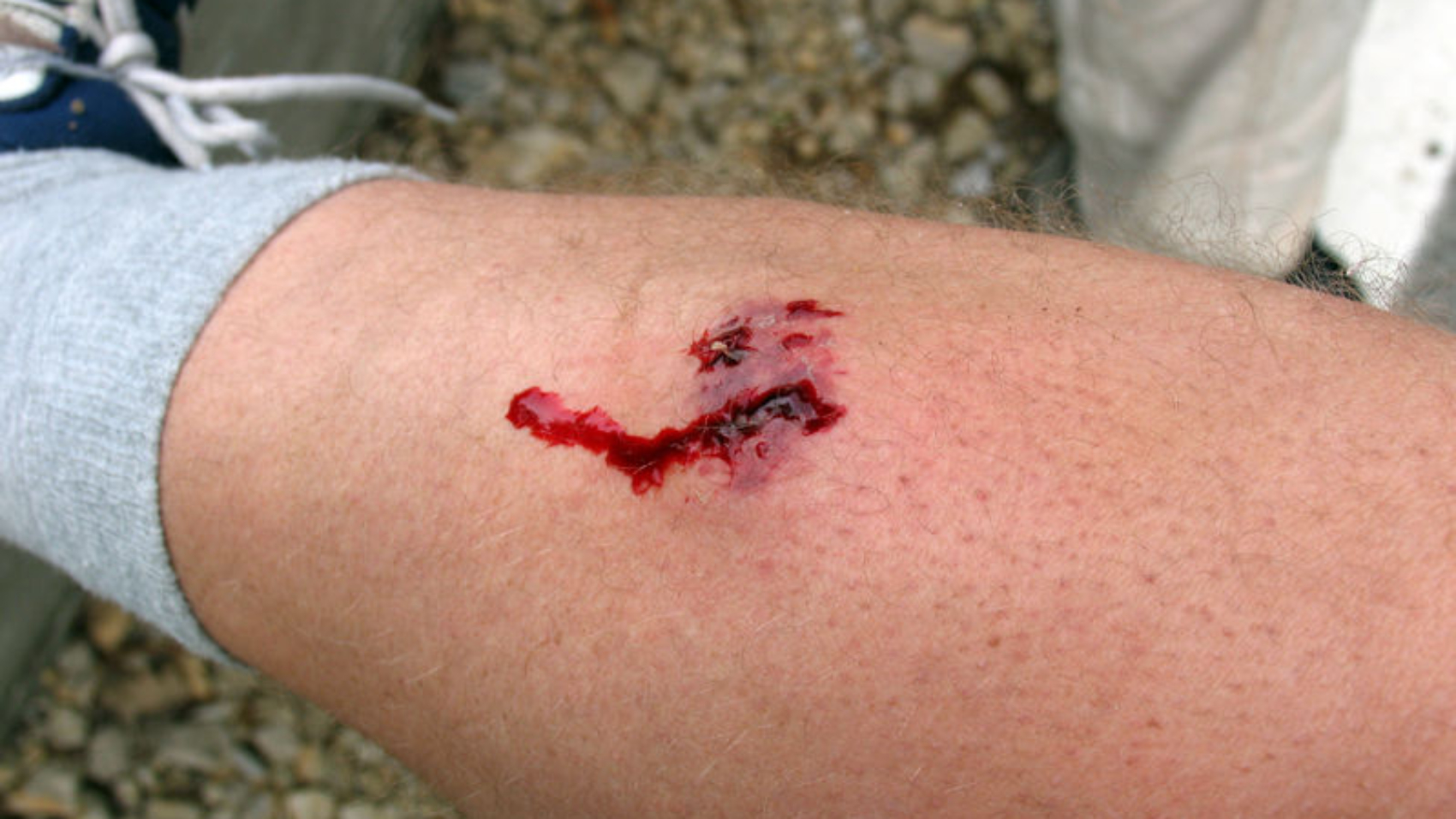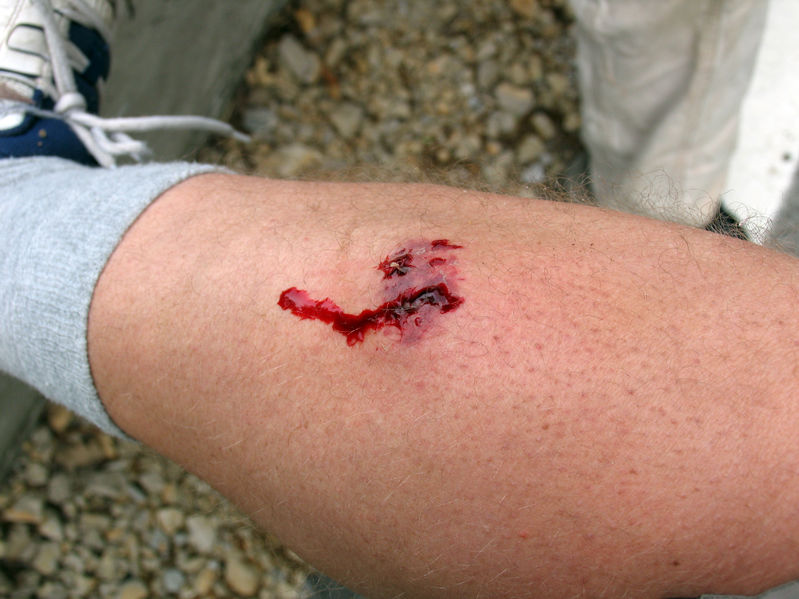We live in an animal-loving society. Most of us interact with pets on a daily basis (ours or others), and they are an important part of many people’s lives.
However, it is vital to remember that all animals are, at their core, wild, and sometimes things go wrong. What happens when an animal bites someone? Who’s responsible?
Florida is a strict liability state, meaning that the owner is held liable in most cases, even if the owner had no prior awareness of the animal’s aggression or likelihood of biting someone.
If your child is bitten by an animal, the results can be both traumatic and physically devastating, so it may be in their best interests to seek damages and hold the responsible party accountable. However, animal bite liability cases are often complex, and you will likely need the help of a professional.
In the meantime, we’ve put together this guide covering who’s accountable for animal bites, and how animal bite cases work in our state.
Florida Animal Owner Liability
The animal’s owner can be held liable for an attack in most circumstances.
As mentioned above, Florida is a strict liability state. Additionally, Florida dog bite laws do not require victims to prove that their injuries were a result of the owner’s negligence.
Under state laws, an animal owner can be held liable for injuries if it can be proven that the animal bit the victim, and that the victim was either in a public space or lawfully on private property at the time of the attack.
In addition to strict liability, you can also file a suit on the grounds of negligence if it can be proven that the owner’s negligence was responsible for the attack. To win a negligence claim, you will have to prove that the animal owner breached a duty of care.
Limitations in Florida Animal Owner Liability
Florida law allows for animal owners to be accountable for injuries caused by the animal in most cases. However, there are certain circumstances under which the owner cannot be held liable.
Limitations to animal owner liability include:
- The victim was unlawfully on the owner’s property
- The victim was provoking the animal at the time of the attack
- The animal was defending its owner or someone else in the immediate vicinity from a perceived threat of danger
Additionally, if the animal owner has proper warning signs and precautions in place to prevent an attack, they may not be held liable for damages. However, the victim can still potentially file a claim under these circumstances.
If the victim had some fault in the attack (for example, by provoking the animal), the damages will be reduced by the percentage of fault assigned to the victim.
Statute of Limitations in Florida
Florida law sets limits for how long someone injured by an animal attack has to file a lawsuit. Under state law, the case must be filed in the civil court system within four years of the date of the attack. If you miss the deadline, it’s likely that your case will be thrown out.
Having a child suffer a serious animal bite is a tragedy that no one should have to suffer. Unfortunately, sometimes these things happen despite your efforts to prevent them. If you find yourself in this situation, you need to know what to do after an animal attack to ensure the safety and future prosperity of your child — as well as making sure that the owner is held to account.
About the Author:
Jeffrey Braxton is a trial lawyer in Fort Lauderdale who has devoted his career to the practice of personal injury law. As lead trial attorney for the South Florida Injury Law Firm, Jeff has litigated thousands of cases and is a member of the Million Dollar Advocates Forum, an exclusive group of attorneys who have resolved cases in excess of one million dollars.






